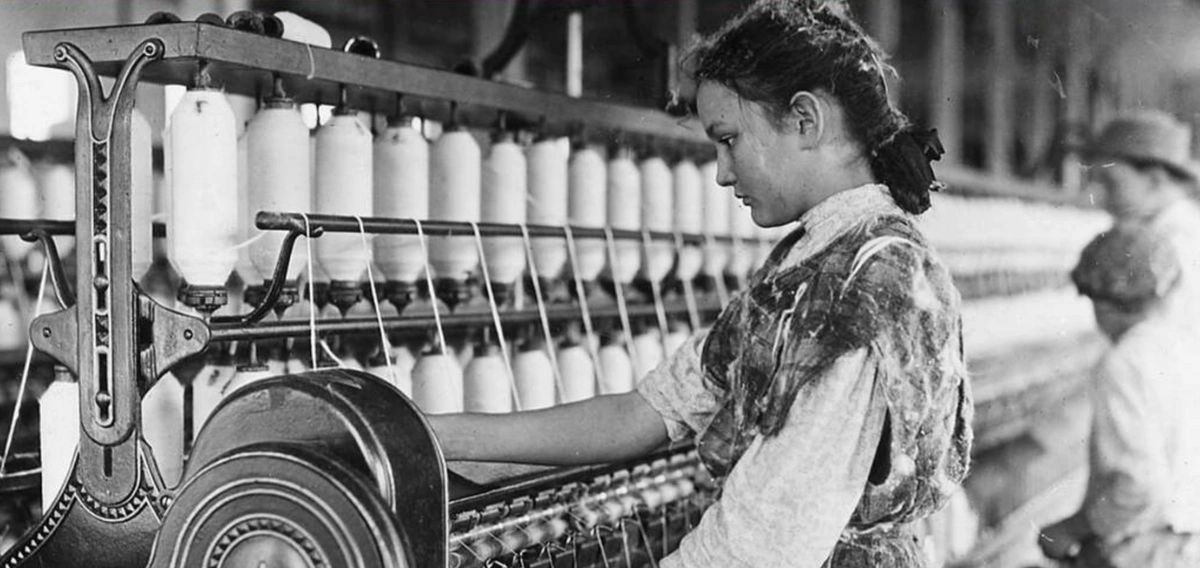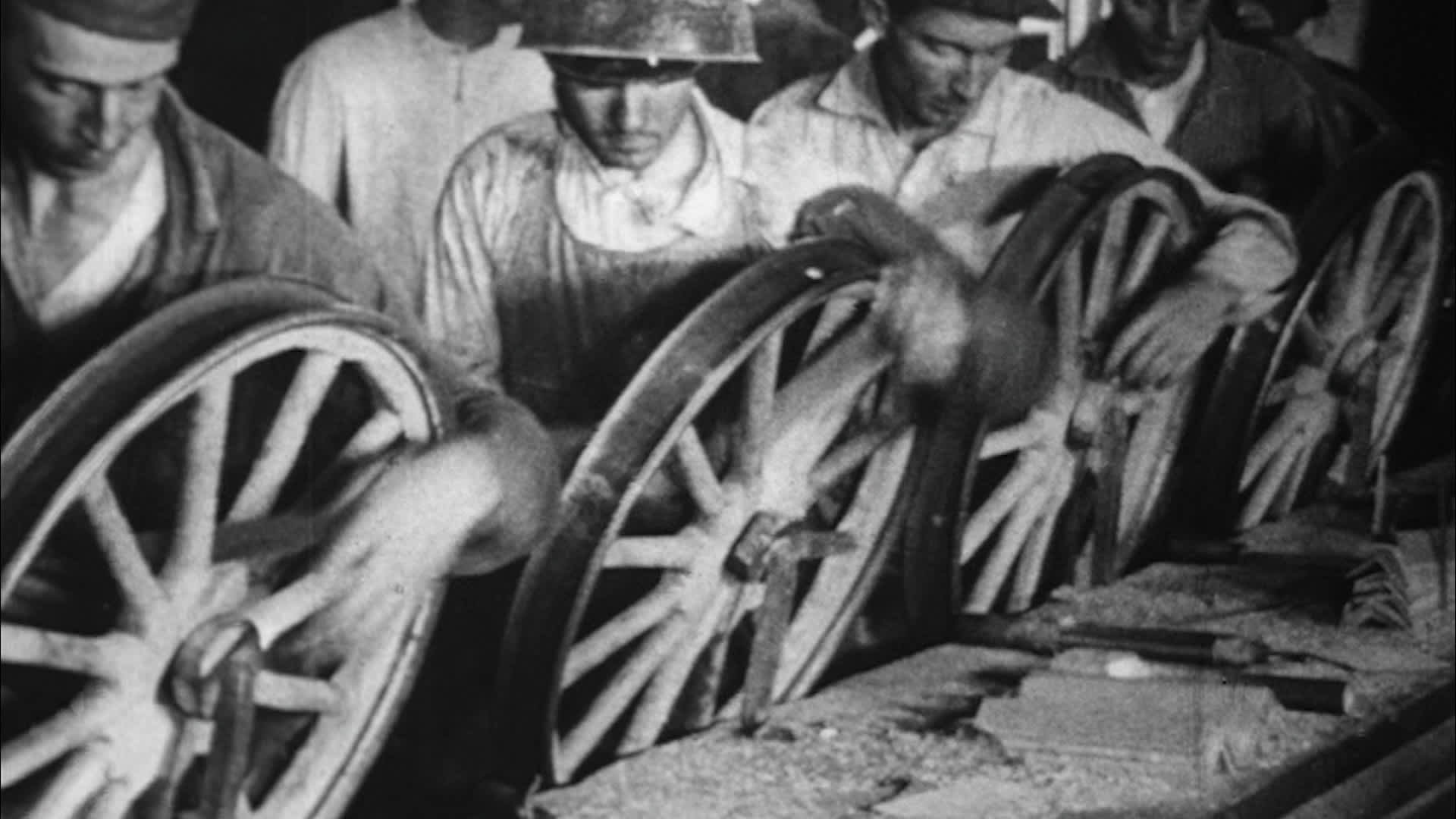LABOR Day: a weird name for a day we don't work...
Who, what and how about the end-of-summer day to celebrate work...with barbecues and football
Steven Puri
Save time with Sukha
Ah, Labor Day is upon us again and with it the unofficial end of summer. Back to school. Back to work.
But hold on.
We don't actually work on Labor Day (unless you consider tirelessly manning the barbecue and visiting mattress superstores "work").
Inspired by a comment by a friend Erik about this, I decided to research exactly how this idea of a "work" holiday came about.
I'll explain.
Labor in Ye Olde Times...
In the 1800's workers were clocking in absurd hours in hazardous conditions, and if that weren't enough, they had to deal with pitiful wages and zero benefits. They had reason to clamor for a change.
Unions played a pivotal role in advocating for reduced work hours. One of the most significant events in this struggle was the Haymarket Affair of 1886. A peaceful protest advocating for an eight-hour workday turned tragic when a bomb exploded, leading to violence and the loss of both civilian and police lives. While this event had immediate negative consequences for the labor movement, it intensified the call for improved working conditions.
As unions continued to gain strength, their efforts bore fruit. In 1884, the Federation of Organized Trades and Labor Unions (which later became the American Federation of Labor) declared that eight hours would constitute a legal day's work from May 1, 1886. While the widespread adoption of this standard didn't happen overnight, it laid the foundation for the eventual success of the eight-hour workday movement.
Labor Day: A Day to Kick Up Your Feet and Reflect on Productivity
Come 1894, Labor Day became an official federal holiday, giving workers a reason to celebrate and catch a breather. But the interesting part is how this holiday subtly altered our collective understanding of productivity.
Back in the day, productivity was synonymous with churning out more stuff than humanly possible. Workers were like machines, cranking out widgets day and night. But as time trundled on, our perceptions started to change. As we've learned, burn-out is a terrible problem from both the employer's and the employee's point-of-view. The labor movement became not just about reasonable working hours; it was about work that didn’t drive people up the wall.
Fast forward to today, and productivity has transformed into a more complicated, nuanced affair. Now it's not just about the number of widgets produced but also about the happiness and well-being of the widget-makers. A novel concept, right? Flexi-hours, shorter workweeks, hybrid work environments and mental health days have become the new tools in the productivity toolbox.
Where this leaves us...
In a nutshell, Labor Day isn't just a Monday to fire up the grill; it's a nod to the struggles and triumphs of those who fought for our right to sanity in the workplace. It's a tale of how the eight-hour day became more than just a number; it became a symbol of the changing tides of productivity.
So as we acknowledge that summer is over and look forward to autumn, let's remember that Labor Day isn't just about less time at work but about better and more fulfilling work. As we often talk about here at The Sukha, having fulfilling work elicits happiness, and happiness is the foundation of what we do.
Enjoy your weekend from all of us at The Sukha.

